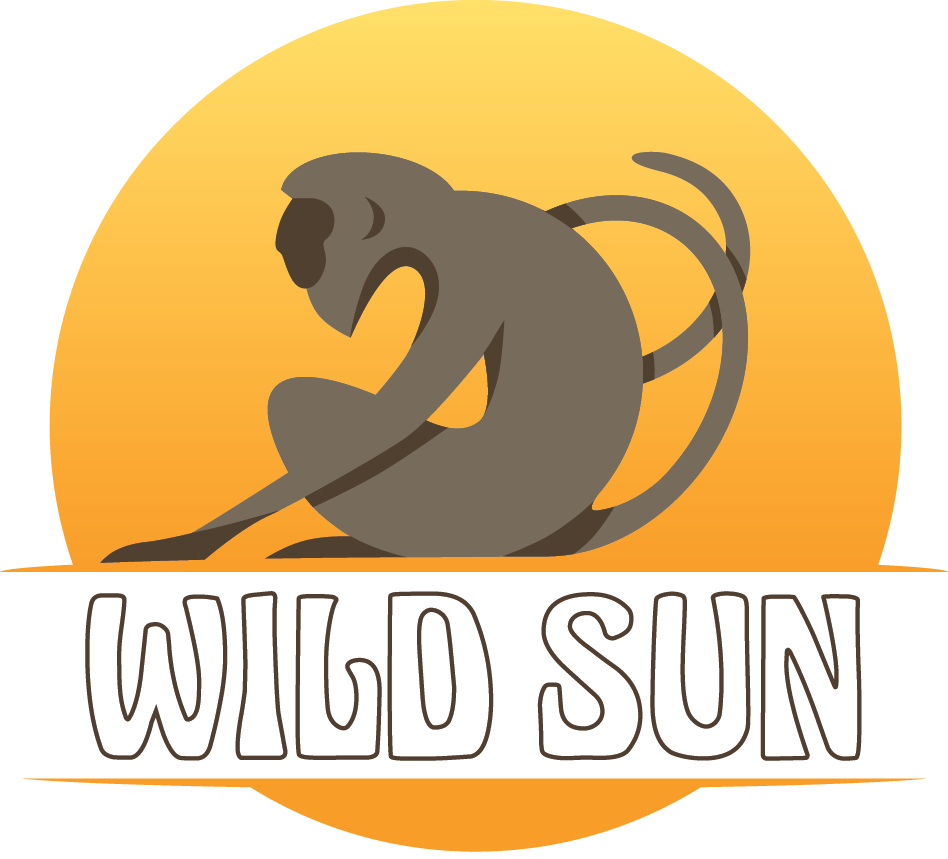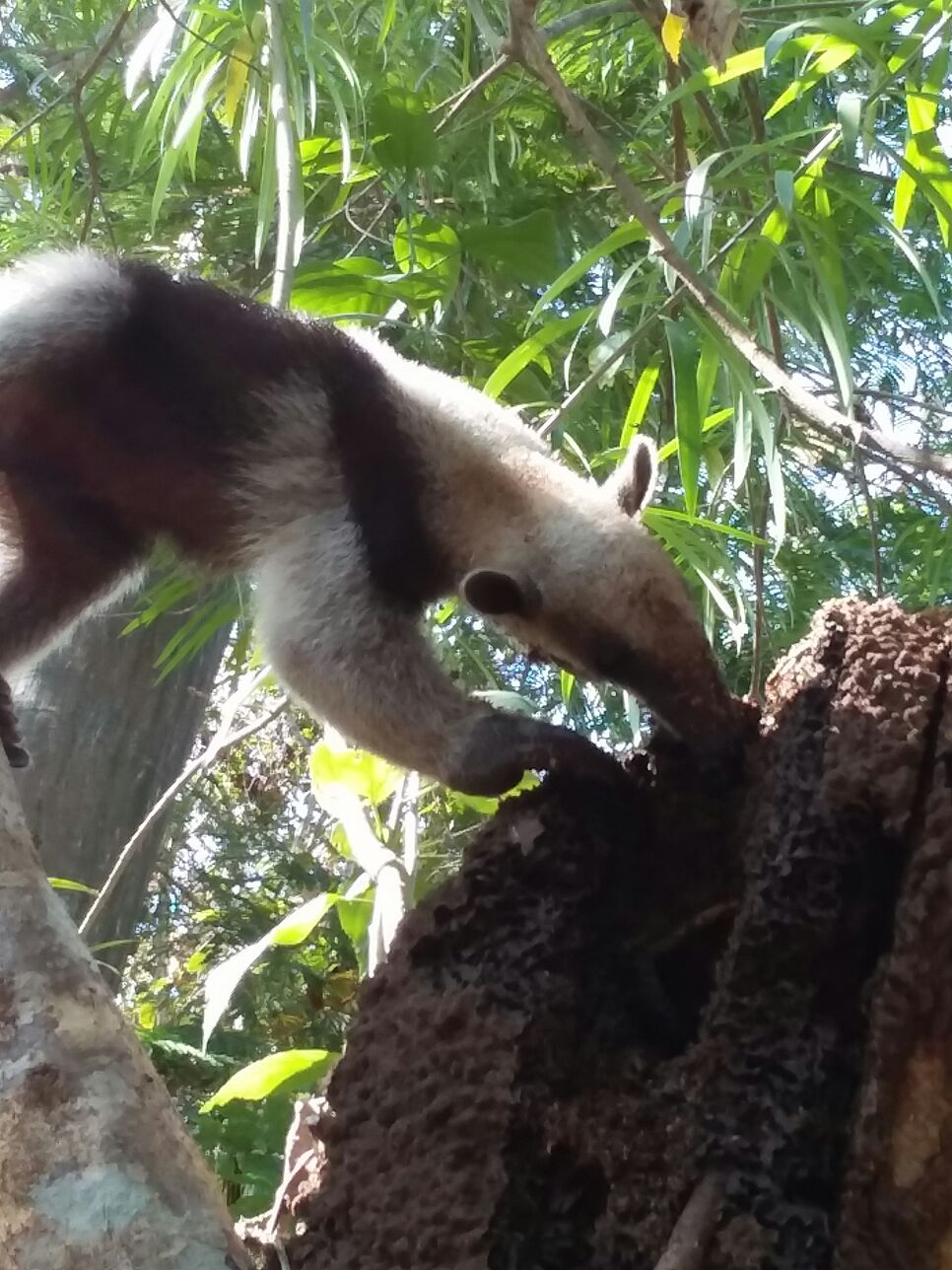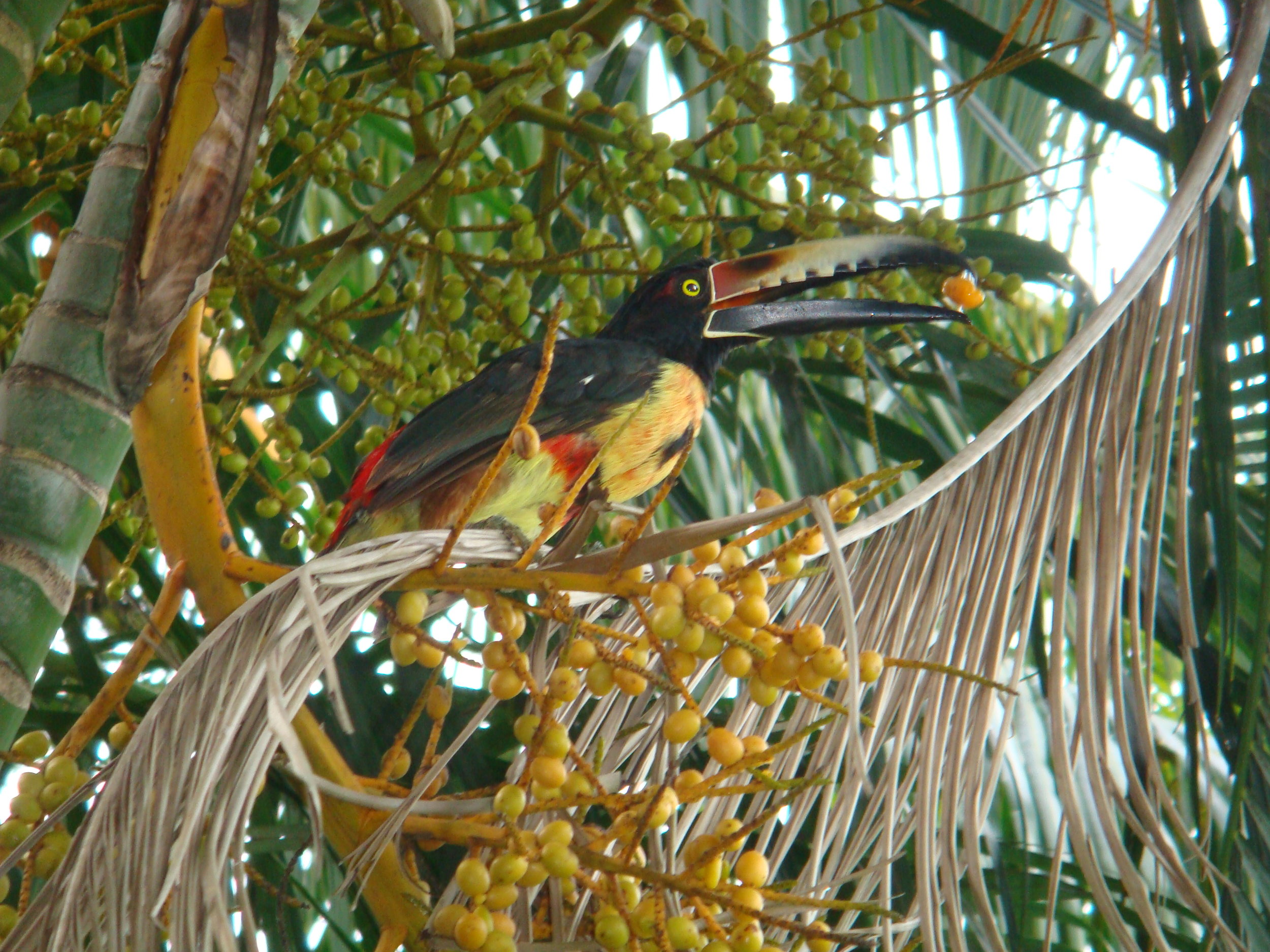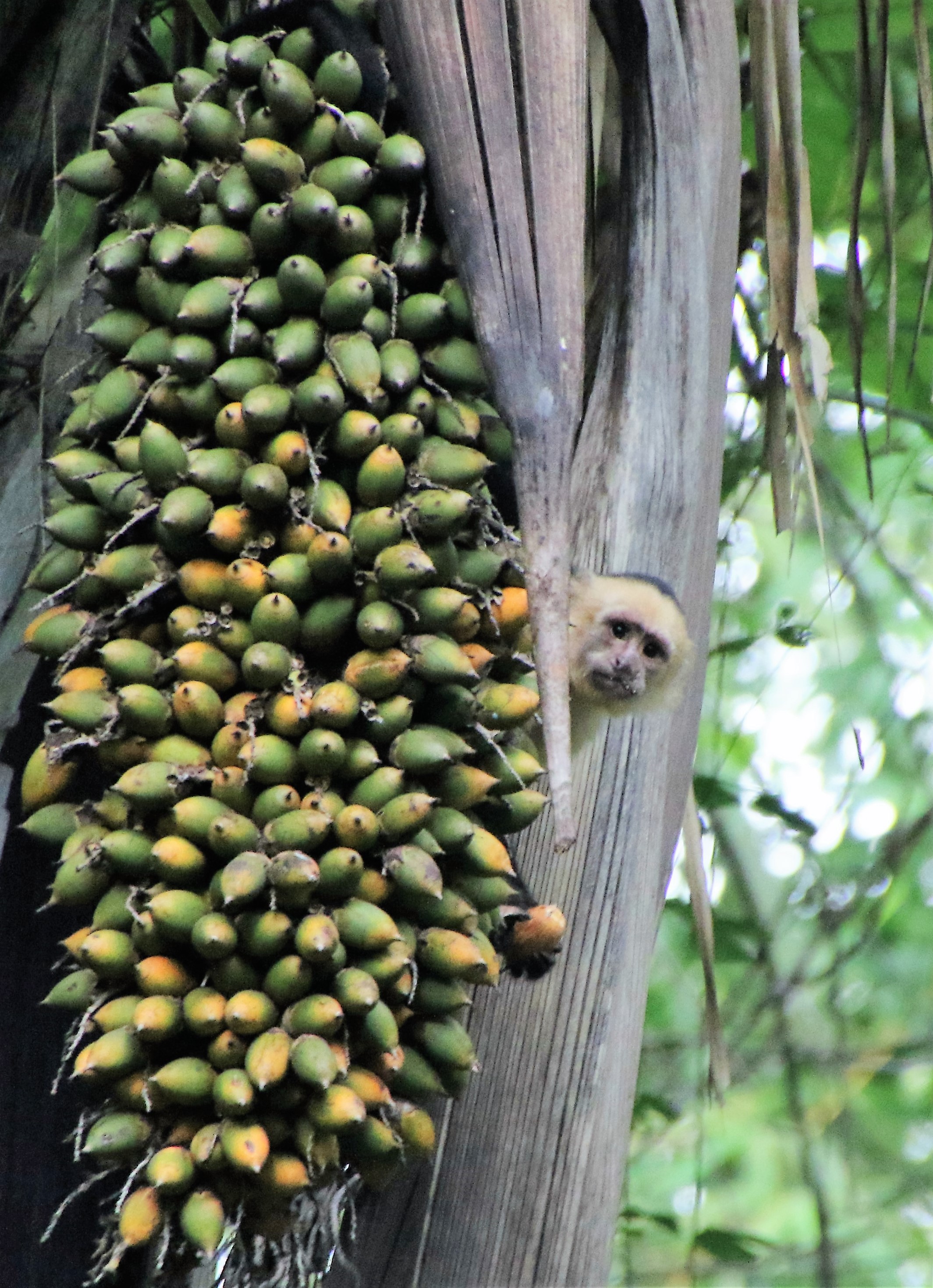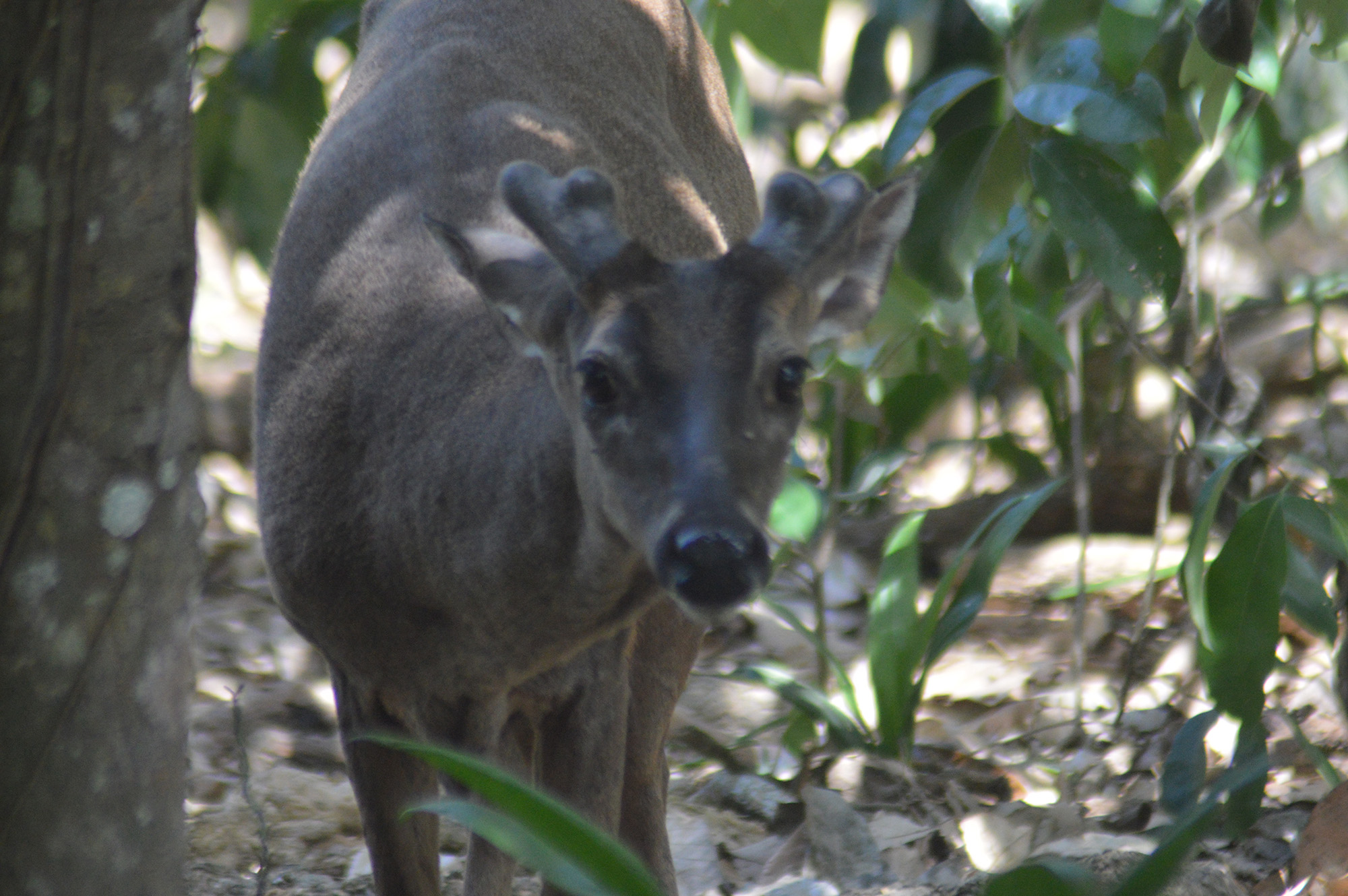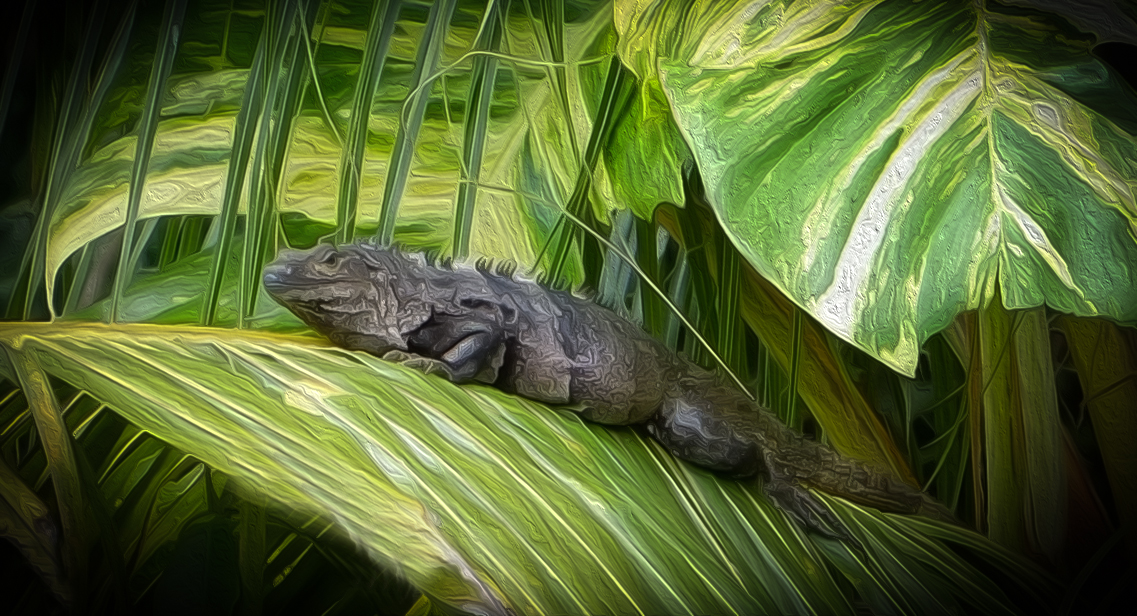Field Research Crash Course
Participants in our Field Research Crash Course will spend their time gaining introductory practical training in field research in the Nicoya Peninsula, with an emphasis on building skills in observational data collection on wild and rehabilitated local species. The course will provide a valuable foundation on which to build a career in conservation and research through hands-on experience as well as numerous excursions with local experts. The course is based at Wild Sun Rescue Center in Cabuya, which is located next to Cabo Blanco Nature Reserve, the oldest national park in Costa Rica. The rescue center’s proximity to this nature reserve offers an incredible opportunity to observe arboreal primates, a vast array of bird species, and other native wildlife in a variety of different habitats, from tropical forests and coastal environments, to pre-release enclosures.
Time spent at the rescue center will involve several training sessions in behavioral observation data collection on pre-release animals and wild populations, as well as lectures on local ecology and conservation. Participants will also engage in activities to assist the rescue center such as enrichment building and community engagement. Excursions will include visits to local research stations, including within Cabo Blanco Nature Reserve and Curú Wildlife Refuge, and local conservation organizations such as turtle hatcheries, scarlet macaw breeding and reintroduction sites, and butterfly sanctuaries.
This course is most suitable for students at an early undergraduate level who have a keen interest, but little experience, in field biology and conservation, and those who wish to gain a rich knowledge about Costa Rica’s wildlife and conservation efforts.
Through this field course, participants will:
Learn basic data collection techniques, such as ethograms, focal animal follows and data entry.
Learn basic primate husbandry, including cleaning exhibits, preparing food and enrichment activities
Attend local field trips (both to interact with experts in the field and to explore the area during free-time) such as to local turtle hatcheries, scarlet macaw breeding and reintroduction sites, local research stations, butterfly breeding facilities, bioluminescence tours, Tortuga island and local waterfall excursions.
How It Works
Courses begin on set dates and last for 2 weeks. Check in is on Sunday and check out is on Saturday following your course.
2020 calendar:
dec 15, dec 29
Program fee: $2,150
Many of our student participants receive grants and scholarships to attend from their schools. Please check with your student affairs and study abroad offices for what is available.
includes:
Poolside Shared Deluxe Accommodations with A/C, private outdoor bath with hot water showers, mini fridge, digital safe, satellite tv, ocean view, and patio with swing chairs. Maximum 3 people per room.
Professional Meal Plan including 3 meals a day Sunday through Friday plus breakfast on Saturdays (you have access to a shared kitchen between meals). On Saturdays you may choose to cook for yourself, participate in pot lucks or go out to one of the many delicious restaurants in Cabuya, Montezuma or Santa Teresa.
Academic materials
Excursions, outings and tours mentioned above
not included:
Flights
Transportation between San Jose and Cabuya
Saturday lunch and dinner
Extra transportation such as taxis to Montezuma and ATV rentals
